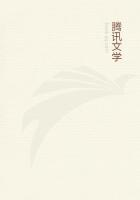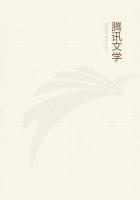The continual consumption of the precious metals in coin by wearing, and in plate both by wearing and cleaning, is very sensible, and in commodities of which the use is so very widely extended, would alone require a very great annual supply.The consumption of those metals in some particular manufactures, though it may not perhaps be greater upon the whole than this gradual consumption, is, however, much more sensible, as it is much more rapid.In the manufactures of Birmingham alone the quantity of gold and silver annually employed in gilding and plating, and thereby disqualified from ever afterwards appearing in the shape of those metals, is said to amount to more than fifty thousand pounds sterling.We may from thence form some notion how great must be the annual consumption in all the different parts of the world either in manufactures of the same kind with those of Birmingham, or in laces, embroideries, gold and silver stuffs, the gilding of books, furniture, etc.Aconsiderable quantity, too, must be annually lost in transporting those metals from one place to another both by sea and by land.
In the greater part of the governments of Asia, besides, the almost universal custom of concealing treasures in the bowels of the earth, of which the knowledge frequently dies with the person who makes the concealment, must occasion the loss of a still greater quantity.
The quantity of gold and silver imported at both Cadiz and Lisbon (including not only what comes under register, but what may be supposed to be smuggled) amounts, according to the best accounts, to about six millions sterling a year.
According to Mr.Meggens the annual importation of the precious metals into Spain, at an average of six years, viz., from 1748 to 1753, both inclusive; and into Portugal, at an average of seven years, viz., from 1747 to 1753, both inclusive, amounted in silver to 1,101,107 pounds weight; and in gold to 29,940 pounds weight.The silver, at sixty-two shillings the pound Troy, amounts to L3,413,431 10s.sterling.The gold, at forty-four guineas and a half the pound Troy, amounts to L2,333,446 14s.sterling.Both together amount to L5,746,878 4s.
sterling.The account of what was imported under register he assures us is exact.He gives us the detail of the particular places from which the gold and silver were brought, and of the particular quantity of each metal, which, according to the register, each of them afforded.He makes an allowance, too, for the quantity of each metal which he supposes may have been smuggled.The great experience of this judicious merchant renders his opinion of considerable weight.
According to the eloquent and, sometimes, well-informed author of the Philosophical and Political History of the Establishment of the Europeans in the two Indies, the annual importation of registered gold and silver into Spain, at an average of eleven years, viz., from 1754 to 1764, both inclusive, amounted to 13,984,185 3/4 piastres of ten reals.On account of what may have been smuggled, however, the whole annual importation, he supposes, may have amounted to seventeen millions of piastres, which, at 4s.6d.the piastre, is equal to L3,825,000 sterling.He gives the detail, too, of the particular places from which the gold and silver were brought, and of the particular quantities of each metal which, according to the register, each of them afforded.He informs us, too, that if we were to judge of the quantity of gold annually imported from the Brazils into Lisbon by the amount of the tax paid to the King of Portugal, which it seems is one-fifth of the standard metal, we might value it at eighteen millions of cruzadoes, or forty-five millions of French livres, equal to about two millions sterling.
On account of what may have been smuggled, however, we may safely, he says, add to the sum an eighth more, or L250,000sterling, so that the whole will amount to L2,250,000 sterling.
According to this account, therefore, the whole annual importation of the precious metals into both Spain and Portugal amounts to about L6,075,000 sterling.
Several other very well authenticated, though manuscript, accounts, I have been assured, agree in ****** this whole annual importation amount at an average to about six millions sterling;sometimes a little more, sometimes a little less.
The annual importation of the precious metals into Cadiz and Lisbon, indeed, is not equal to the whole annual produce of the mines of America.Some part is sent annually by the Acapulco ships to Manilla; some part is employed in the contraband trade which the Spanish colonies carry on with those of other European nations; and some part, no doubt remains in the country.The mines of America, besides, are by no means the only gold and silver mines in the world.They are, however, by far the most abundant.The produce of all the other mines which are known is insignificant, it is acknowledged, in comparison with theirs; and the far greater part of their produce, it is likewise acknowledged, is annually imported into Cadiz and Lisbon.But the consumption of Birmingham alone, at the rate of fifty thousand pounds a year, is equal to the hundred-and-twentieth part of this annual importation at the rate of six millions a year.The whole annual consumption of gold and silver, therefore, in all the different countries of the world where those metals are used, may perhaps be nearly equal to the whole annual produce.The remainder may be no more than sufficient to supply the increasing demand of all thriving countries.It may even have fallen so far short of time demand as somewhat to raise the price of those metals in the European market.

